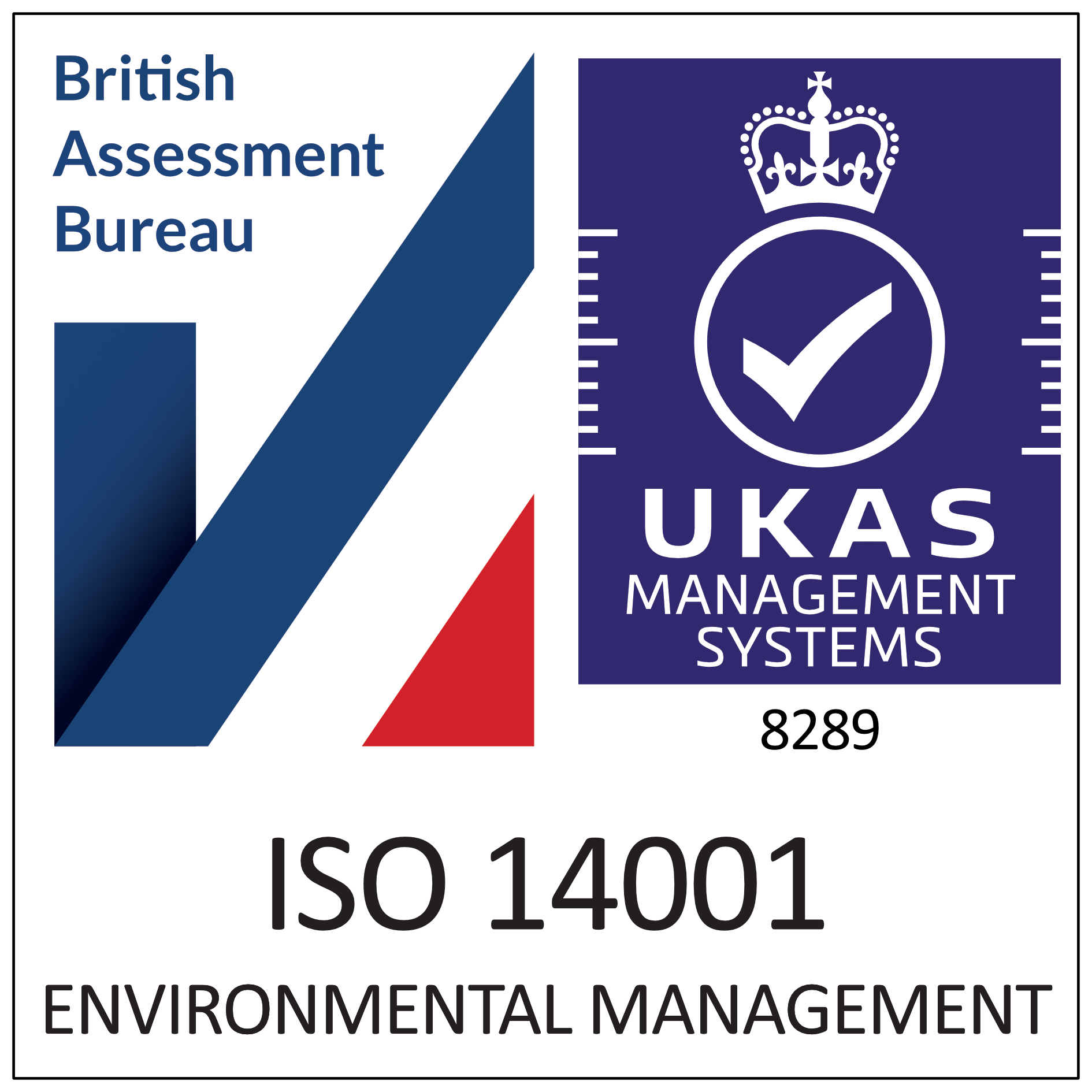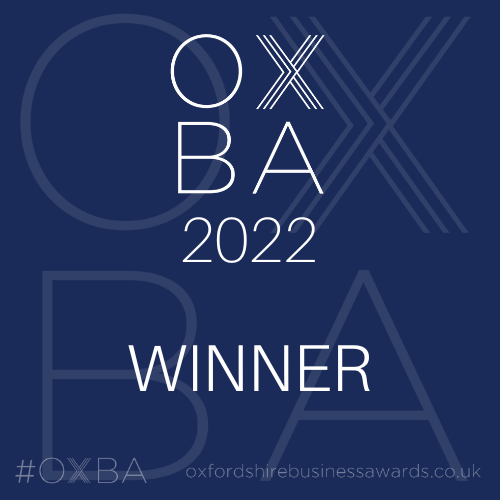

We're experiencing delays processing apprenticeship applications due to a technical issue with the Government’s “Find an Apprenticeship” service. Thank you for your patience. For updates on your application, please call us on 01235 216 216.
Search our website for news, courses, and general information
Course code: XMZS700P
Subject area: Accounting and Finance
Study level: Apprenticeship
Course level: 2
Course time:
09:00 - 17:00
Days of week:
Various
Course date:
1st Aug 2024 - 31st Jul 2025
Course location:
Off SiteDuration:
• 13 months practical training period, plus 3 months for End Point Assessment
Delivery model:
• Work-based training with your employer
• Day release during term time (approx. 26 days per year at Abingdon or Witney)
• Level 1 Functional Skills in Maths and English (7 days at college for each, if required)
• Off the job training will count for at least 6 hours a week of an apprentice’s time at work
Qualifications included:
• Level 1 Functional Skills in English and Maths
• AAT Level 2 Foundation Certificate in Accounting
• Level 2 Accountants or Finance Assistant Apprenticeship
End Point Assessment:
• In-tray test
• Portfolio
• Structured Interview
• Awareness of elements of commercial law such as contracts, data protection or Anti Money Laundering
• The importance of upholding relevant codes of conduct
• Awareness of the impact of technology on business and its accounting and finance functions.
• Understanding of own role within the context of your organisation
• Understanding of transactional processes of accounting and their use within a finance function
• Understanding of what makes a business or organisation successful, through either buying or selling products or supplying services to a market
• Understanding of how accounting systems and processes allows a business to keep track of all types of financial transactions
• Knowledge of a range of routine accounts reports, reports and their use within the finance function
• Understanding of the basics of internal control within own organisation
• Awareness of basic accountancy concepts and double entry bookkeeping
• Understanding of bookkeeping controls
• Understanding of the cost recording system within an organisation
• Understanding of the differences between Financial and Management Accounting
• Understanding corporate social responsibility (CSR), ethics and sustainability within organisations
• Understanding the importance of the need to keep up to date with relevant policies, procedures, regulatory or system changes
• Level 1 Functional Skills in English and Maths
• AAT Level 2 Foundation Certificate in Accounting
• Level 2 Accountants or Finance Assistant Apprenticeship
• Able to examine data to identify issues and reconcile data to minimise the chance of errors
• Ability to plan and review work, recognise and rectify errors
• Can deal effectively with a range of stakeholders using appropriate communication methods to deliver accurate and timely results
• Can avoid jargon and uses the correct technical terms where appropriate
• Demonstrates good listening and speaking skills to be able to communicate effectively
• Ability to use systems and processes effectively
• Able to use relevant office and accounting software packages to manage data accurately
• Can maintain the security of accounting information
• Ability to organise self, prioritise workload and activity to meet deadlines
• Can actively identify team workload problems and offers to support peers where appropriate
• Able to understand issues beyond own remit
What behaviours will apprentices develop?
• Supports colleagues and collaborates to achieve results
• Builds working relationships within own team and other parts of the organisation
• Awareness of their impact on others
• Successfully implements changes that are required, as directed
• Displays an ongoing commitment to learning and self-improvement
• Seeks feedback and acts on it to improve their performance
• Looks to behave professionally by adhering to the organisational code of conduct
• Shows a ‘right first time’ and integrity in their approach
• Demonstrates personal pride in the job through appropriate dress and language
• Builds customer satisfaction with the products and services offered by the organisation
• Delivers excellent service, identifying and meeting or exceeding customer expectations








